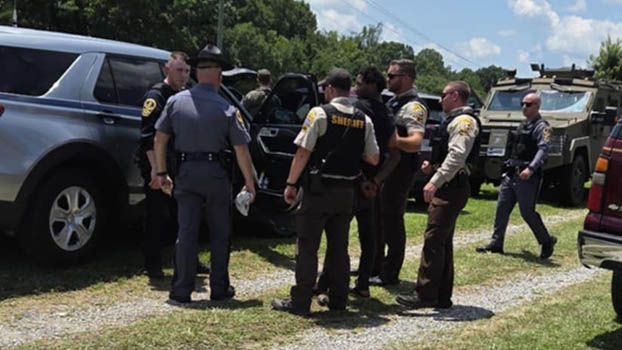Longwood to require COVID shots for students
Published 6:00 am Friday, June 11, 2021
|
Getting your Trinity Audio player ready...
|
Longwood University will require COVID-19 vaccinations for on-campus students this fall.
The decision was announced to students in a Wednesday, June 9, email from Longwood Assistant Vice President of Communications Matthew McWilliams.
In the email, McWilliams states the university will require students on campus to be vaccinated for COVID-19 for the coming academic year. The requirement will be added to Longwood’s existing vaccination requirements.
The requirement does not apply to online-only students or those with religious or medical exemptions.
Incoming students, McWilliams said, will receive a web form by the end of July which will ask them to confirm they have been vaccinated or accept several conditions.
Students who do not confirm they have been vaccinated for any reason will still be allowed to register and come to campus, but those students will need to sign a form acknowledging they may be subject while on campus to masking requirements, mandatory testing and restrictions on certain activities including social activities.
Unvaccinated students may also be required to quarantine for up to two weeks if contact-exposed to a positive case of the coronavirus.
McWilliams went on to state that university officials are aware some students may be hesitant to receive a vaccine until the U.S. Food and Drug Administration (FDA) gives full approval to one of the current COVID-19 vaccines available.
Currently, COVID-19 vaccines offered in the U.S. are only available under an emergency use authorization.
As a result, Longwood will extend its vaccine requirement to a later deadline should no full approval of a vaccine be in place by July 15.
Citing direction provided by the commonwealth for state employees and a range of individual circumstances, McWilliams stated Longwood is encouraging but not mandating vaccinations for employees.
“Like virtually every university, Longwood already requires a number of vaccinations for communicable diseases, with reasonable exemptions,” McWilliams wrote. “The reasoning for all of them is the same: We live, work, and study together — and a critical mass of our community being vaccinated protects all of us, not just the recipient.
“COVID-19 vaccines have now been administered with extraordinary safety and efficacy more than 2 billion times globally and are driving down cases and hospitalizations across the U.S. and elsewhere. They are the tool that will allow us all to return to normal — and that will be the case here on campus this fall, too.”




